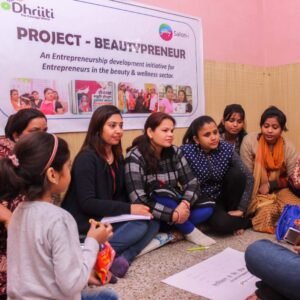
HEALTH & WELL-BEING

Rationale
A crucial aspect of biocultural diversity lies in the intricate and intimate relationship between what is cultivated in a particular region and how it is consumed. This connection directly impacts the health and well-being of the community. When it comes to food systems, three dominant forces are currently reshaping our world:
1. Local Food Systems: These are community-driven, people-centric systems that prioritize sustainability and traditional knowledge.
2. Food Automation: This technology-driven system utilizes AI, robotics, and big data to optimize food production and distribution.
3. Synthetic Foods: This futuristic system produces artificial food using technology, claiming environmental benefits by reducing land and resource use.
Agroecology, a holistic approach that integrates ecological principles into agricultural practices, offers a sustainable path forward. By examining local food systems through an agroecological lens, we can identify opportunities to enhance health outcomes, preserve cultural traditions, and promote environmental sustainability simultaneously. This involves understanding the complex interactions between crops, soil, water, biodiversity, and human practices within a specific socio-ecological context.
Strategic
focus
Building resilience in the local food systems would require learning from indigenous knowledge, understanding related agroecology practices and integrating them with tools of enterprise and entrepreneurship. Our focus will be on “agroecology-based entrepreneurship development” which can positively rejuvenate the local food systems and make them economically feasible and relevant.
Current Projects
No Post Found
Past Projects


